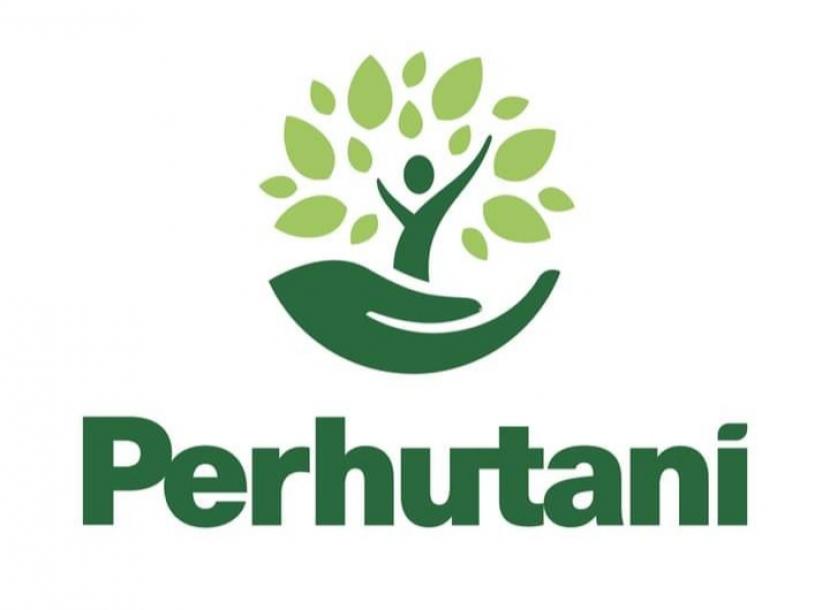REPUBLIKA.CO.ID, JAKARTA -- Perum Perhutani together with its subsidiary, Econique Perhutani Alam Wisata (PT Palawi Risorsis) succeeded the Cikole Kampung Re/Up Cycle Garbage Free program.
Director of Finance and Risk Management Perhutani Dewi Fitrianingrum said that this is a form of Corporate Social and Environmental Responsibility (TJSL) in the economic and environmental empowerment of Forest Village Community Institution (LMDH).
“Cikole's 'Kampung Re/Up Cycle Garbage Free' program aims to build an area without a Landfill and build a park with the concept of a re/up cycle garden,” Dewi said in a written statement in Jakarta, Saturday (6/4/2024).
Dewi said the program includes the provision of means and infrastructure for waste management up to the technology of converting residual plastic waste and all waste into valuable and involving the surrounding community. Dewi said Perhutani supports tourist destinations in Cikole to be kept clean and well maintained so that visitors can enjoy the beautiful and clean nature.
“The assistance is a form of Forestry's environmental and social responsibility that is expected to have an impact on society both economically, socially and environmentally sustainable. Thanks to the Ministry of state-owned enterprises for its support, hopefully this program can continue in other locations,” Dewi said.
Deputy Assistant Coordinator (Asdep) for Plantation and Forestry Industry, Ministry of state-owned enterprises, Teddy Poernama, said that sustainable tourism development is an effort involving various parties, focusing on the 5P aspects that drive sustainability: Profit, People, Prosperity, Peace, and Partnership. For integrated waste management, Teddy continued, he could later get support from other state-owned enterprises in collaboration.
“The three key aspects of increasing the contribution of sustainable tourism destinations are collaboration, synergies and innovative leadership,” Teddy said.


